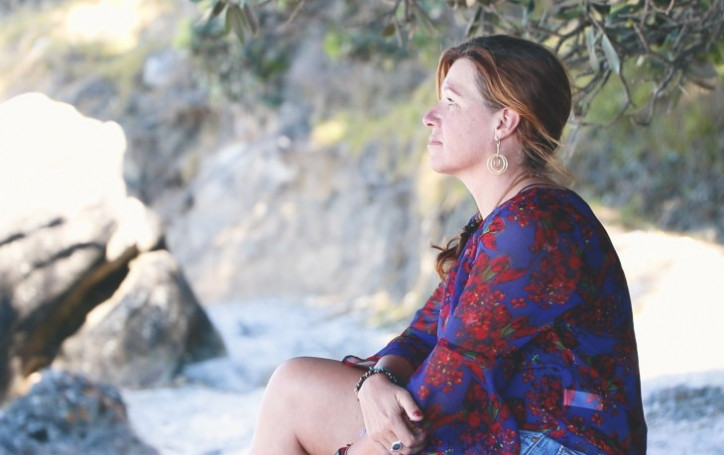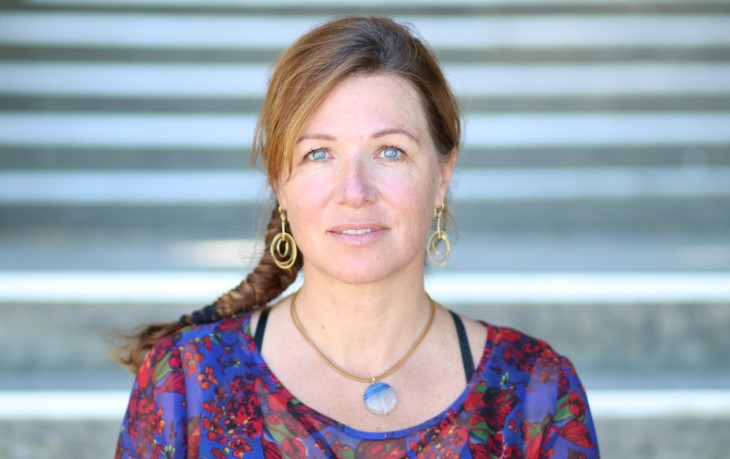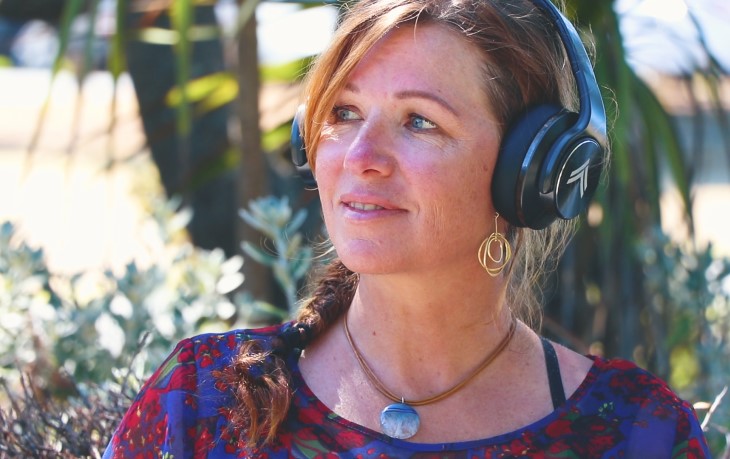How to talk to a person who has been sexually assaulted or abused
Talking about sexual violence is difficult for everyone. Here are some tips from someone who has seen all kinds of reactions to her personal story.
Trigger warning – this article contains references to sexual violence.
If you're in danger or need immediate help, call 111.
If you or someone you know has been affected by sexual violence, contact Safe to talk – Kōrero mai ka ora or visit the website.
Phone 0800 044 334
Safe to talk – Kōrero mai ka ora website
If you've experienced sexual abuse or assault, you can use our online search tool to find organisations that have therapists who can support you.
Sarah Strong was sexually assaulted as a young girl. This is her personal experience of dealing with it, and what she has found most helpful when talking about it with others.
Telling people you've been sexually assaulted or abused is hard. You probably could have guessed that already. Some days my own feelings are a lot to handle, almost too much. Then once I tell someone, I have their reactions to deal with too.
For 35 years I kept a secret – that I had been raped as a 14-year-old. Over time I decided I was ready to tell people. It was my choice. Reactions from family and friends varied. Some were good; some were really bad. Along the way, I've learnt what works best for me.
Everyone is different, but I hope by talking about what I've experienced others will be helped, whether you're in a similar situation to me, or your friend or sister or whoever, has told you a bad thing happened to them.
Just listen
This is so important. I generally start each conversation like this: Just for now don't talk, don't judge me, don't come and give me a hug if you see me getting upset. I just need to tell you something, and it's not your fault and you're not here to fix me. You just have to listen.
Be prepared for shock
No-one expects someone close to them to be raped or sexually assaulted, especially when that person looks totally together on the outside. I had hidden it so well for so long, my family and friends were shocked. I had to remind myself that they don't know how to react to this unusual situation. It's important to access information around how to talk to family and friends, but let them know that they might also need help understanding what's happening. If your friend has told you they were raped, you need to work out how to deal with your emotions, and how you're going to behave around that person in future.

Ask the right question – and listen to the answer
I get upset talking about what happened to me. I cry. When you see me distraught, it's actually not helpful to ask 'Are you OK?' Look at me. Do I look OK? One friend would simply say to me: 'What do you need from me right now?' That was a really good question. It made me think what state am I in, what do I need right now? And I could tell her to leave me to cry, or to check on me in 10 minutes, or whatever. I really admire her for doing that.
Help me live a normal life
I've asked my mum and my family to treat me normally, do things that make me happy because that will help bring me out of my sad places. Make me laugh. I'm still Sarah, I'm just different. Don't try and change me back, I'm not the person I used to be. I need family and friends to know that whoever I am now, let me be that person.
Keep advice to yourself
It's a natural reaction to want to offer advice and help. But unless you're a professional counsellor, you don't know what advice to give. I don't even know what advice to give myself, so how can you know how to tell me how to react, what to do, where to go? Some comments don't help. There are a couple of phrases that are best left unsaid. 'It’s going to be OK.' It’s not going to be okay for me. 'It was such a long time ago.' It doesn't matter when it happened, it's not a long time ago. It's sitting right next to me and I am still traumatised.
Let me talk when I'm ready
You don't need to bring up the topic with me, because I will talk to you when I feel like it. To their credit, my family and friends have done that. I respect that, and it's really helped. At times I will talk about it; the majority of time I won't. I look for joy and happiness in my life, to balance the dark place I sometimes go to shut myself off. But whatever stage I’m in - if I'm grumpy, if I'm moody – hey, it's OK, allow me to be who I am.
My past is still my past, but I'm looking to the future now.




